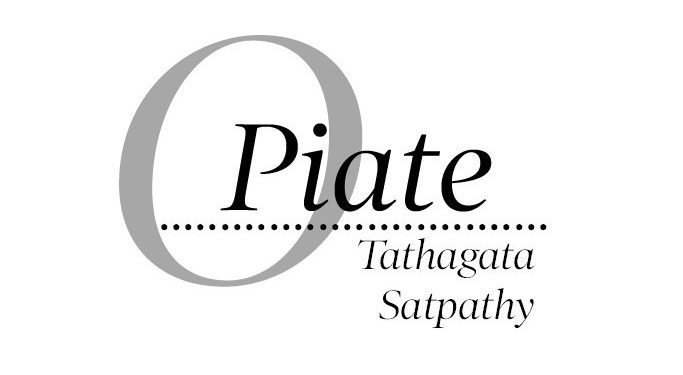The nation coursing through the perils of a pandemic — with infections and deaths rising daily– received good news in the form of the Centre releasing Rs 17,100 crore to the bank accounts of over 8.5 crore farmers as part of a periodic pension of a mere Rs 2,000 per family. This would however help only in a small way in revving up the countryside caught in a distress situation due to the drying up of money supply in these Covid times. Alongside, another step from the Centre, effecting an import ban on 101 items of defence requirement is significant too.
Defence Minister Rajnath Singh who announced the ban on import of certain weapons and ammunition, says his government, alternatively, plans to release Rs 4 lakh crore via contracts to boost defence production internally through the Make In India scheme and serve the cause of self-reliance or Atma Nirbhar Bharat scheme. All these schemes have very fancy names and the Ministers are using these slogans to the hilt.
However, developing any weapons system is a time consuming, highly investment intensive and tedious endeavor. A government that has wasted nearly seven years blaming past administrations for all that India has achieved or not achieved till date, seems to have suddenly awakened from deep slumber. In this time period, India’s foreign policy was not only being personally supervised but also implemented by Prime Minister Modi and yet all the neighbors of India have turned into aggressive foes in these past few years.
Nepal, a self declared Hindoo Rashtra from its inception as a nation, has changed its Constitution and labeled itself as a secular nation recently. Now Nepal, in its latest government printed map, has shown the audacity of claiming several Indian territories as its own. It has started a whole new conflict in an area that had been undisputed since centuries.
This awakening from slumber that was marked by Rajnath Singh’s statement is certainly connected with the unexpected intrusion into Indian territory by the Chinese PLA. The brutal killing of 20 Indian armed forces personnel proves that our military and civilian leadership had no intelligence inputs. Waking up and shouting an oft repeated slogan can, at best, be considered a move to endear an individual to his political boss. Nothing more. This ban on imports may result in immediate damage to the Indian forces. Stopping imported war equipment is not similar to declaring an ill conceived Education Policy. With education, the government has ample scope to fine-tune or alter errors while implementation is in progress. In a battle situation, it is not possible to set things differently when a soldier is facing an enemy attack.
When a nation the size and geographical positioning as of India decides to indigenize its battle equipment, it has to accept collaborations and joint ventures in both research and development. Primarily, that would require friendly and militarily capable nations who would be willing to share their R&D with the recipient country. India did have that advantage in the past decades. The erstwhile Soviet Union had not only supplied numerous squadrons of MiG 21s but it had also shared production technology. This had enabled Hindustan Aeronautics Limited (HAL) to produce the jets in Sunabeda of Odisha and the complete aircraft at Bangalore. Those aircraft still seem to be the mainstay of the IAF. The five Rafale jets that flew in recently will only become India specific in 2022. Their production will not be done in India neither any technical details be shared. It is like an individual buying an expensive SUV and spending a fortune for regular maintenance service at exclusively authorized showrooms. However, we have demolished our close links with present day Russia and cannot expect them to share manufacturing details of their new fighter aircraft. The Chinese intrusion at Galwan forced Rajnath Singh to rush to Moscow and dust the files on some old order for Russian fighter jets. That trip made it obvious that India had not been following up in payments for the Russian aircraft. This overnight hurry is not something appreciated when purchasing high value defence equipment. It rather exposes the unplanned nature of the Indian government. It may not be out of place to mention that many citizens are still questioning the Modi brokered liaison between Anil Ambani’s Reliance Defence and the French producers of the Rafale jets for assembling and later producing them in India. Everyone knows how that very first effort at indigenization through a corporate, neglecting HAL, panned out.
The drive to indigenize defence hardware within India is certainly a welcome decision. However, like everything else in this government, all such slogans and decisions seem to smack of political one-upmanship. There does not seem to be any genuine concern for India’s security. That would be visible only if there is a persistent and comprehensive strategy backed by action to make India self-sufficient in its requirements of weapons for the future. On the other hand, the natural speed of delivery to a regular client and an irregular client always varies for any producer or supplier. If India bans certain defence equipment without first building capacity to produce reliable alternatives, it may lead to a dangerous outcome where supplies could get delayed at crucial times of need. Thinking through such situations before such heroic calls is the need of the hour. Any hour, for that matter.







































